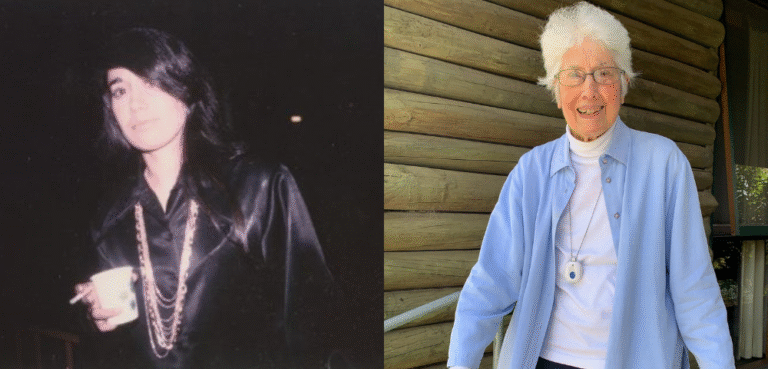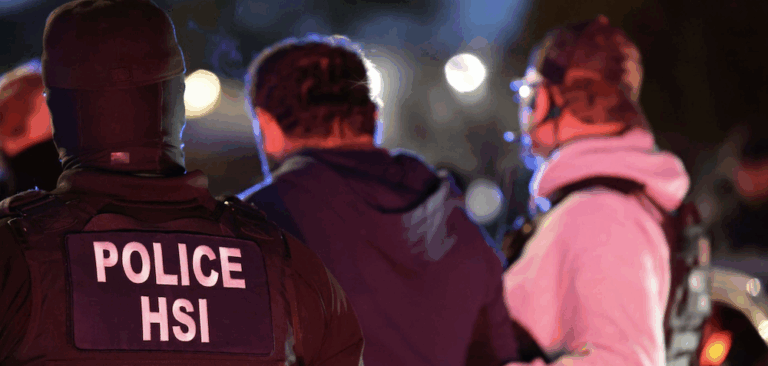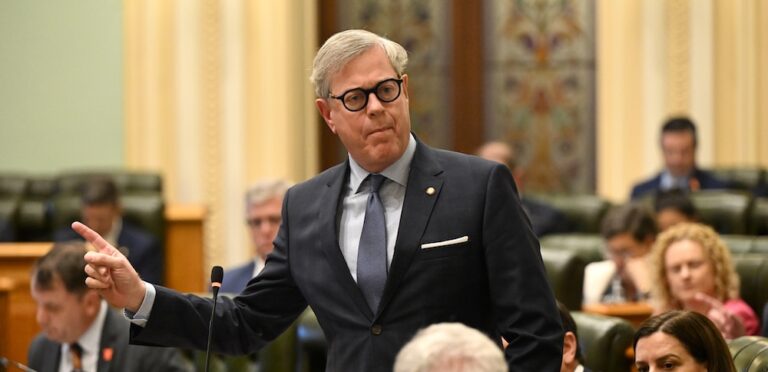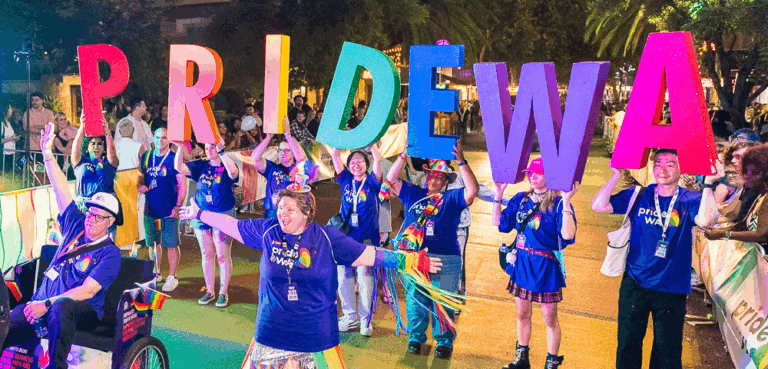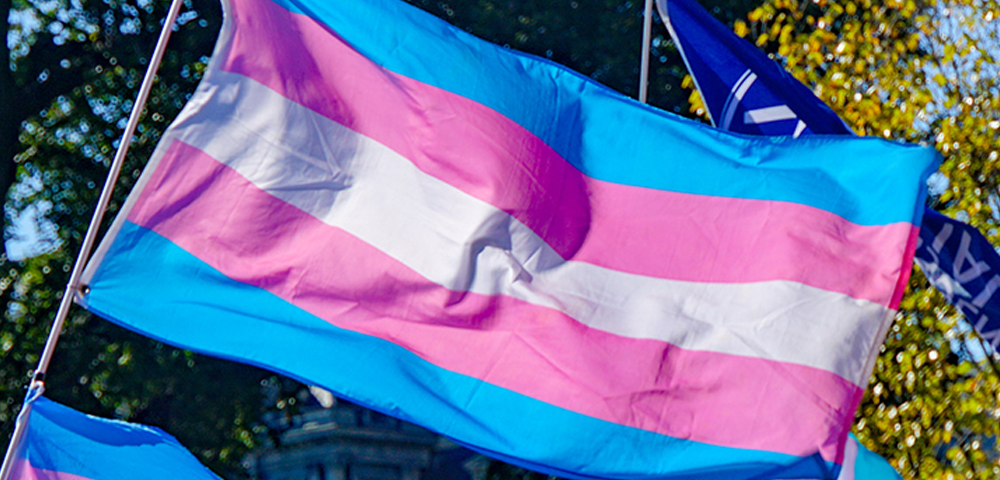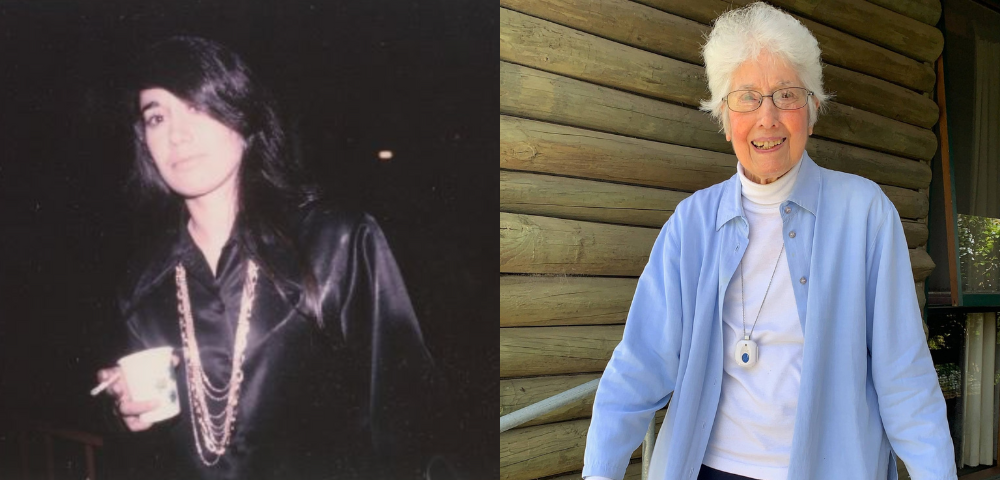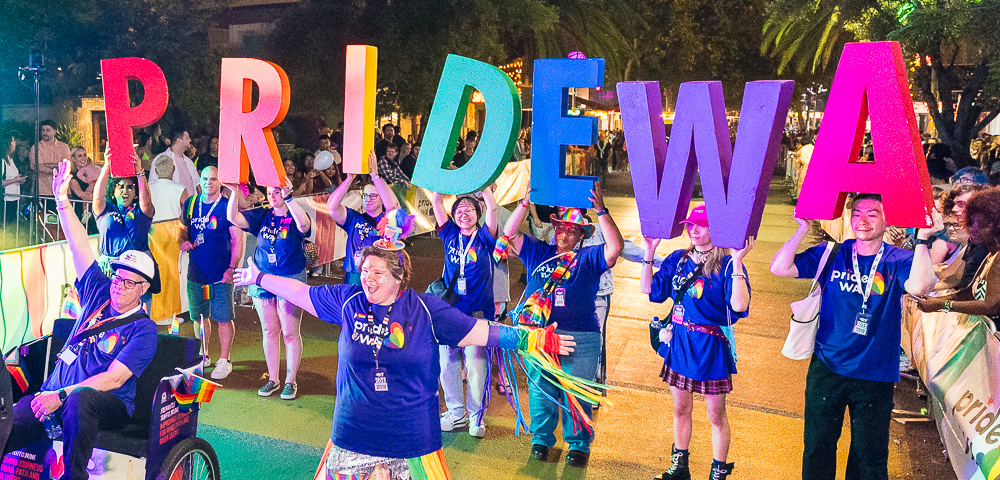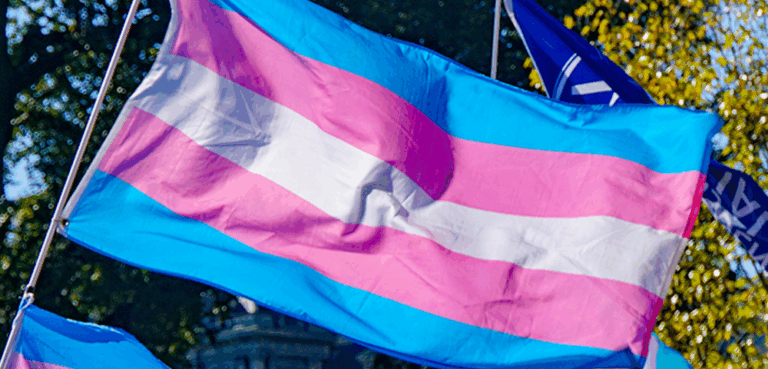
LGBT Activist Peter Tatchell Reveals How He Planned His One-Man Protest In Qatar
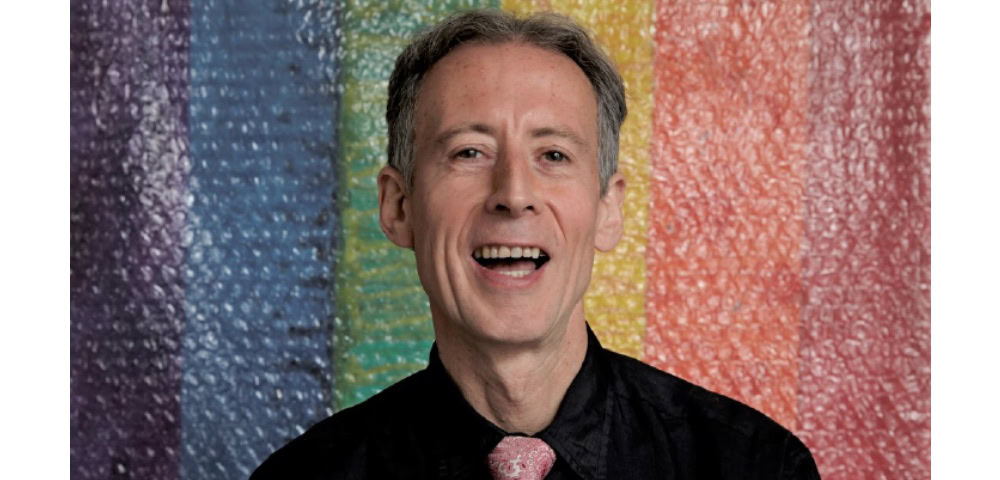
Australian-born LGBTQI and human rights activist Peter Tatchell, having just landed in Australia after being detained in Qatar for his one-man protest, is calling on football fans to boycott the 2022 WorldCup.
LGBT+ Qataris are subject to harassment, intimidation, arrests, imprisonment, forced conversion practices, and sometimes the death penalty.
In a conversation with Star Observer, Tatchell said, “I encourage all football fans to boycott the World Cup. Anyone who goes there is playing into the hands of the Qatari regime.”
Tatchell Urges People To Use #QatarAntiGay
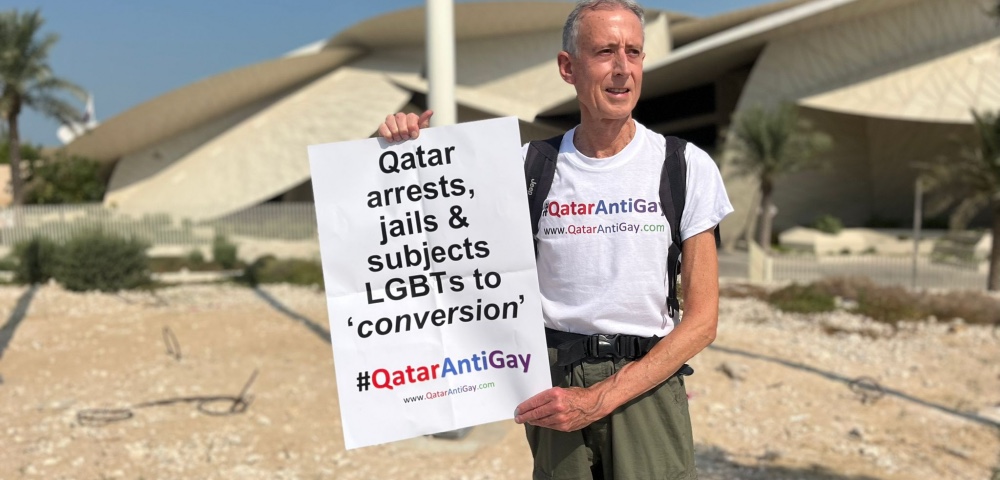
He also strongly urged people to use #QatarAntiGay on their social media when discussing LGBTQ+ human rights in Qatar.
Tatchell made the call to action as he discussed his historic October 25 protest. This was the first-ever public LGBTQI+ protest in Qatar or any Gulf state for that matter.
Tatchell stated that he did this protest, “in response to appeals by Qatari LGBTs to do a protest and get international media attention about the abuse of LGBT+ rights in Qatar.”
In order to succeed, Tatchell and colleague Simon Harris had to “outfox” Qatar’s State Security Agency, one of the “highest-tech and most intrusive surveillance regimes in the world.”
Rendezvous at Desert Rose Cafe
In order to do this, they completely organised their trip independently from each other. This included airline tickets, accommodation, and how they moved around the city to arrive at the predetermined meeting point, the Desert Rose Cafe at the National Museum of Qatar.
“From the moment we met at the tube station at Heathrow Airport in London, we had absolutely no contact, physical or digital, until the moment the protests started,” Tatchell said
Harris would smuggle in the protest placards, wrapped inside a British newspaper. Tatchell would travel under the guise of being a tourist.
At the Desert Rose Cafe, the two arrived and sat separately.
Tatchell said, “Simon took out the newspaper with the placards folded inside, pretended to read the newspaper, then got up and went to the toilet and left the newspaper on the adjacent table.”
When Harris got up to go to the toilet, Tatchell casually picked up the newspaper, placards concealed inside, pretended to read a bit, put the newspaper in his bag, and was on his way.
Tatchell: I Had Intense Nervous Headache
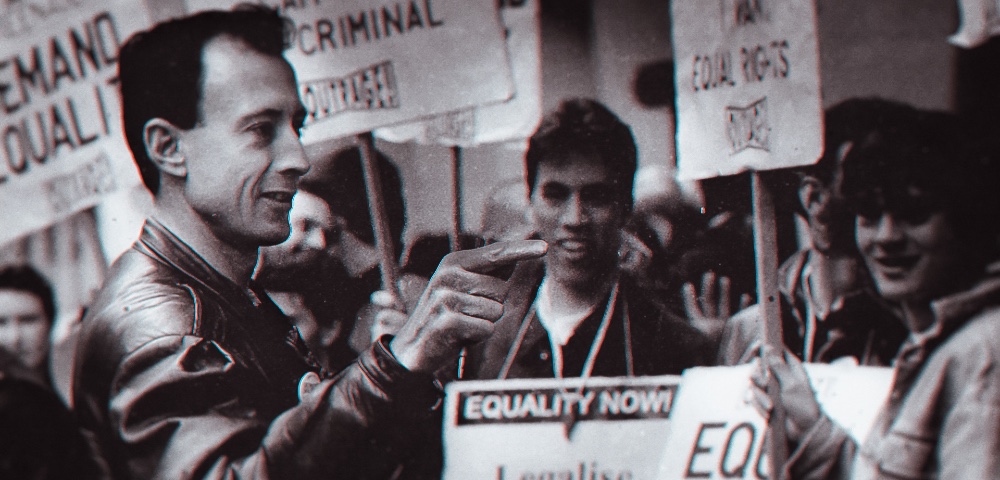
He recalled how nervous he was, saying, “I had an intense nervous headache, almost a migraine. My stomach was churning over. I felt physically sick. And I was so anxious I had this need to urinate, this feeling I needed to urinate and defecate. That’s how nervous I was.”
According to Tatchell, that nervousness lasted the duration of the time in Qatar and did not go away until they were on the plane to Sydney in international airspace.
“I had two major concerns, first of all, being discovered and intercepted by the Qatari Secret Service and then not being able to do the protest. And then also the anxiety that I would be arrested and put in a police cell, and possibly physically abused, and ended up in prison. That is what happens to people who organize protests in Qatar.
Talking about the protest and the moment he was detained, Tatchell said, “Amazingly, I was able to stand outside the National Museum, holding a placard, wearing a t-shirt with the #QatarAntiGay for 35 minutes.”
Then, “state security agents arrived in three unmarked white Landcruisers. They then began photographing me from within their vehicles, and got on their mobile phones, and then soon afterwards, police arrived.”
Tatchell said, “We were held for a total of 49 minutes. At which point, they suddenly said that we were free to go… We got the strong impression that it was in our interest to go to the airport straightaway and get on a plane.”
Concluding our interview with a message to LGBTQ activists, Tatchell said, “The whole history of progress on LGBT+ rights has been because of individuals who are prepared to stand up and fight for our freedom. Activism results in change. Apathy leaves us the way we are.”
